The different kinds of family conflicts and the emotional impact
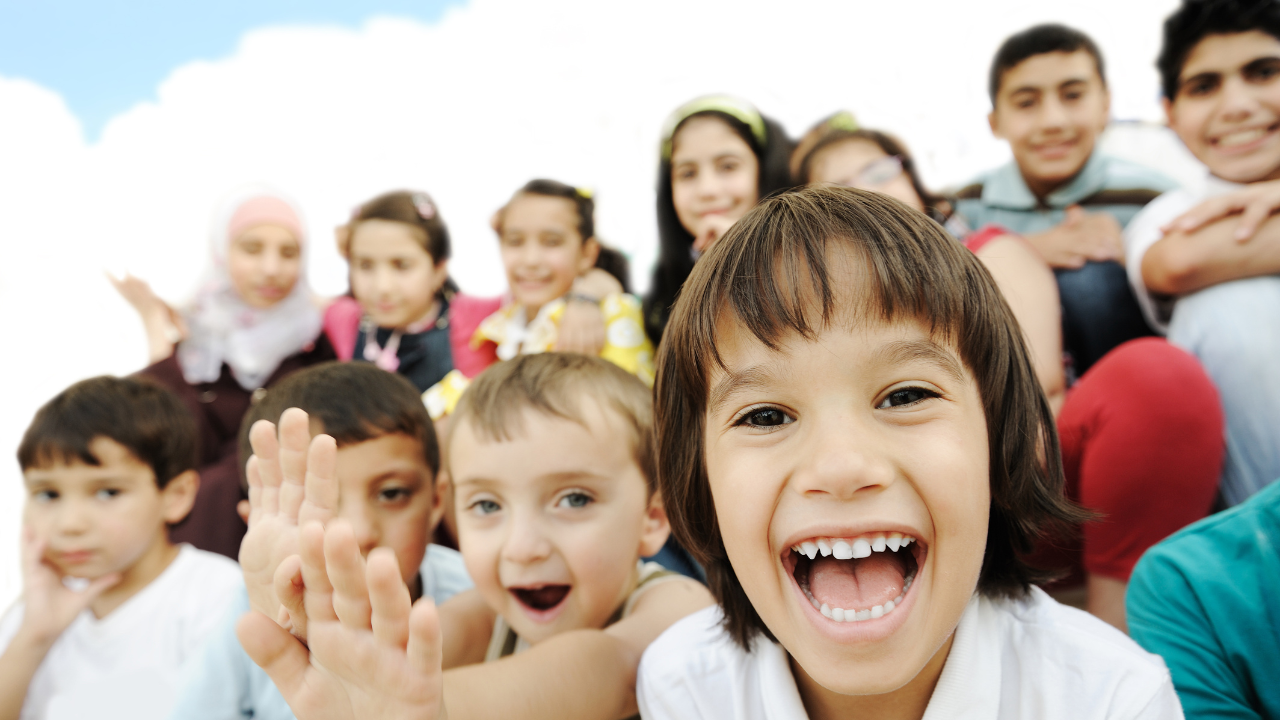
I recently, against my better judgement, became embroiled in a family conflict and it took a toll on my mental wellbeing. I started feeling anxious, I became withdrawn, I struggled to eat and I wanted to cut off. Unfortunately it’s not an option amidst immediate family.
It got me thinking about the emotional impact conflicts have within the family unit and how it can, if we are not more grounded, affect our wellbeing and also damage us going forward.
My work as an Aafiyah Practitioner, running a wellbeing clinic, has people from all walks of life come for various reasons. But most of the trauma, the hurt, the damaging patterns, comes from family conflict.
Whether minor or major, it is still a cause for concern within our community, especially as Muslims, how many families are breaking or no longer living together in peace. In the next few articles I am, InshaAllah, looking to explore the family dynamics and how dysfunction, conflict and feuds affect emotions and how we can ...
Teaching your children to recognise abuse
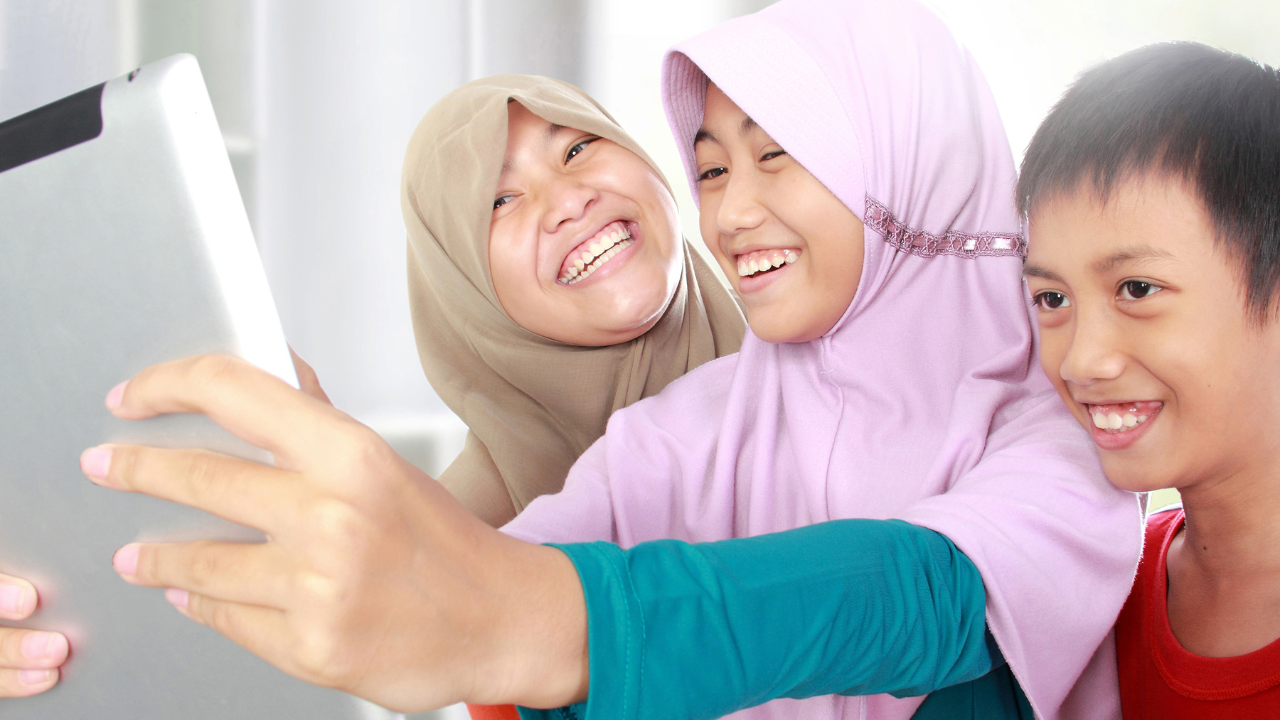
A friend and I were speaking and she noticed that before I left my boy with her, I made sure my name was the first dial on his phone, that he had enough credit to ring me, that the tracking was running on his phone as a precaution and that he knew which postcode he was staying at and our address off by heart.
She looked at me knowingly. We’ve known each other for the duration of two children attending school in the same years. She smiled at me with understanding and no judgement. ‘I read somewhere, that a mum who protects too much, was never protected enough when she was growing up.’
This ran so true for me that I went home and dug out the newspaper clipping that had brought me closure 25 years after my brush with sexual abuse. It was an article that highlighted how a man in our tight knit community had been arrested for over a dozen counts of sexual abuse and grooming. When I was ten, I had come forward about it and not one member of my family was equipped to deal with the inf...
Children and Validation
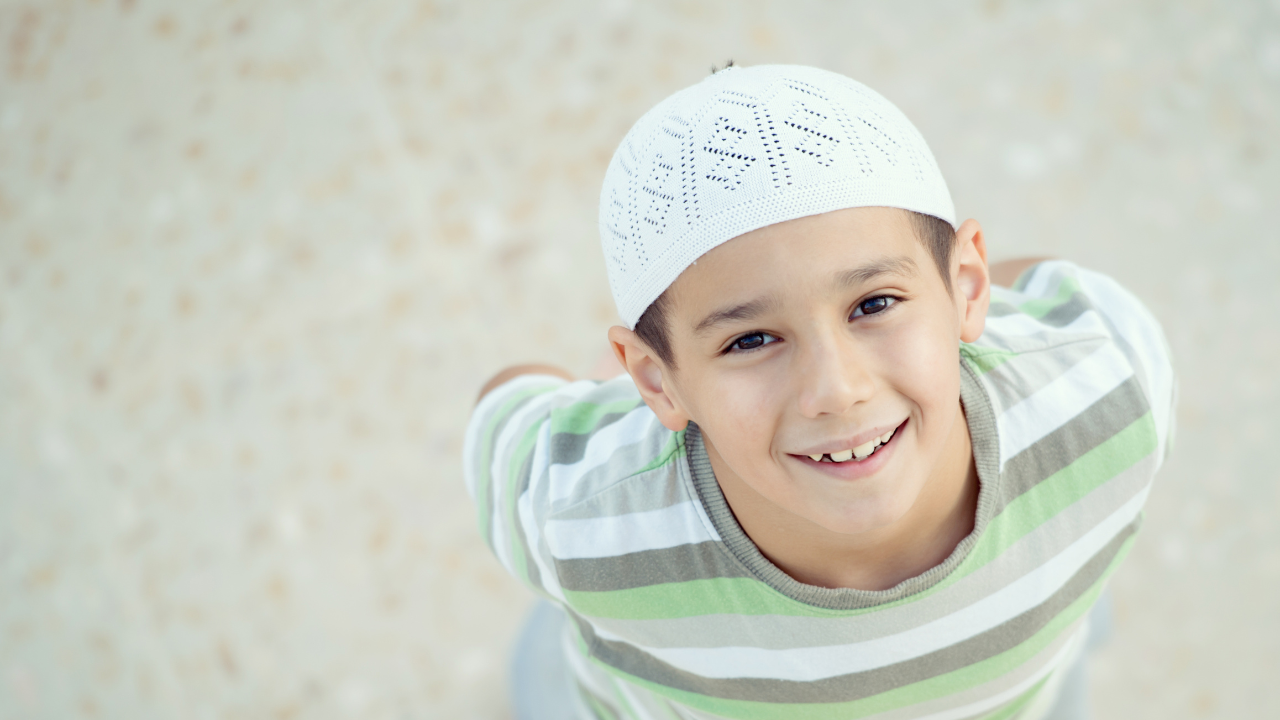
We’ve all done it at some stage, and I am certainly no exception; seeking validation.
It is most likely because we did not receive it growing up. Or we have insecurities. Or we feel like we are not good enough. But scrape beneath the surface and we will know whose voice we hear criticising us and whose voice we wanted to hear actually validating us.
What is validation?
Validation in this context is when you want to feel seen, heard and accepted. If you are seeking validation, it means you have the desire to have someone else’s approval and agreement with what you say and do. Humans are naturally social beings and we thrive from validation; the sense of belonging to a community is important to us. Just like in the Turkish series Ertugrul & its sequel Osman, every person belonged to a tribe and were cared for and accepted by that tribe. Loyalty and acceptance played a huge role in this and belonging to a tribe set the precedence for how you were treated by others. That is ver...
How to bond with your alienated child?

When I became a therapist, one of the case studies that stands out so strongly is a fifteen-year-old client who had developed severe social anxiety. It was so extreme that if there was a change in her routine she would have a meltdown and even worse, she would seek validation in the most dangerous relationships; older men, men who encouraged drinking and drugs. When she came to me, she broke down the minute she sat in the room.
For all the negative feedback from her mother, I saw a young girl, lost, insecure struggling with accepting herself and not feeling like she belonged. She was beautiful, and exploited her beauty with fake additions to herself. As soon as she entered the room, I sensed a sadness or a void in her.
What appeared to be social anxiety where the young girl ventured out and believed herself to be under everyone’s scrutiny, then transpired that she had been seven years old, crying for her dad, and her mum who had divorced dad had rallied with her maternal grandp...
Helping your child past your darkest moments
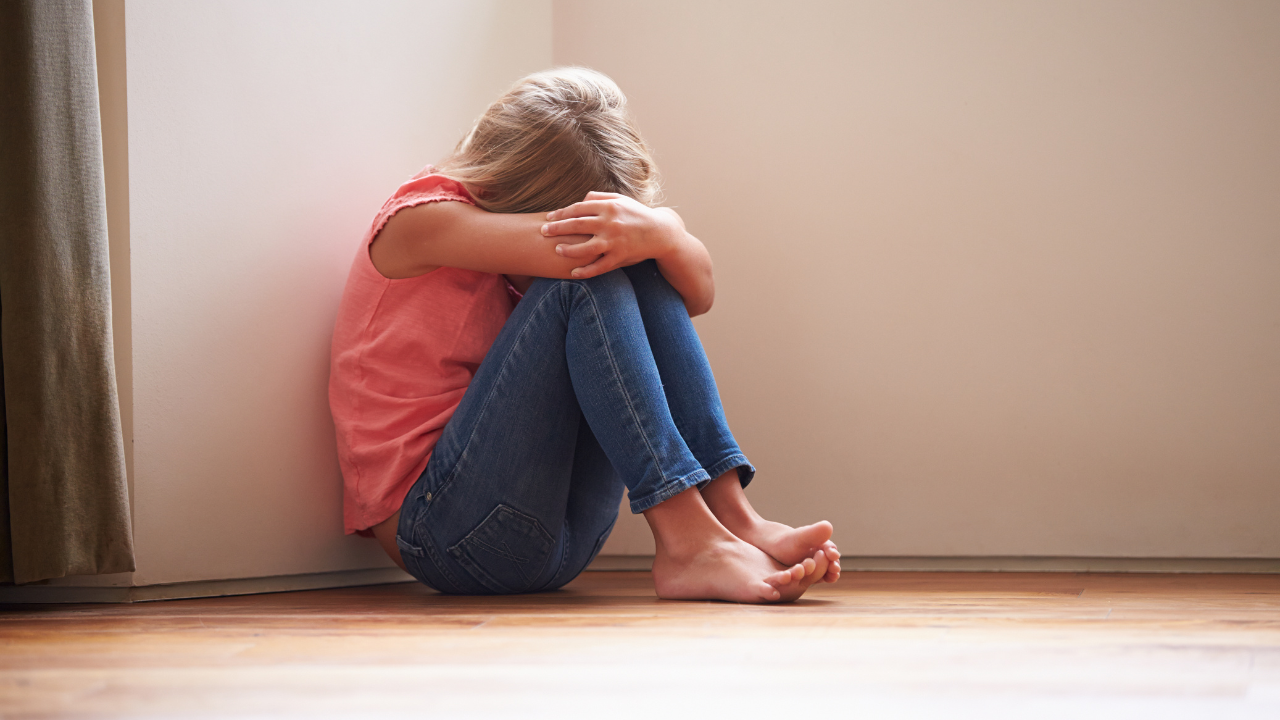
We’ve all made mistakes as parents. Whether it’s losing it under stress, panic or tough times, the reality is that our children are the ones who have bore the brunt of it.
Child-rearing has changed so much; both parents are now normally working; financial demands mean that both may even be working longer hours. Little to no engagement with our children means that their source of validation comes from external sources or external family members who may step in as child care. With very little time with our children, burn out from the demands of daily life, we lose touch with what’s important and so the guilt kicks in and so does the lack of understanding from parent to child and when they’re older, child to parent. Not to mention our own traumas that we may be healing from which are then affecting the child.
Over the past few months, I have been working with a young girl of a tender 12 years. Her case wasn’t rare; it’s the third such case I’ve come across during the span of two y...
Raising children with Faith and Love
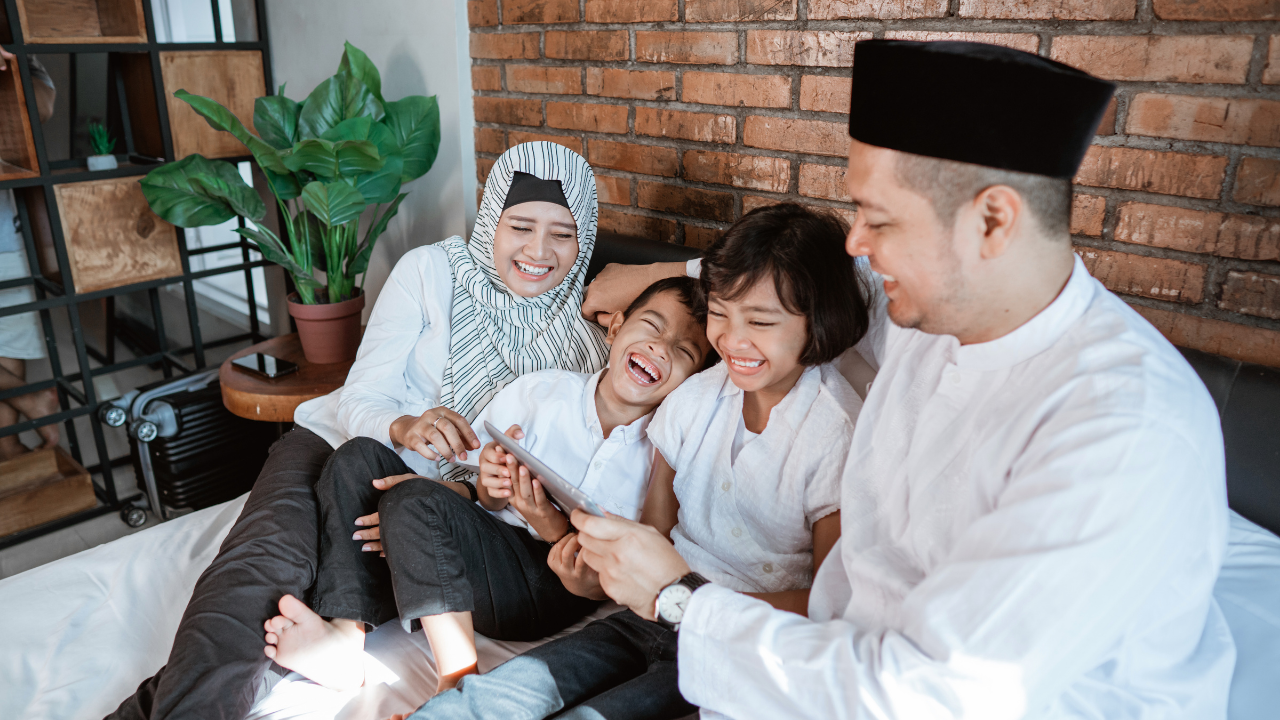
Carrying on from my last piece on Raising Children with Faith, today I focus on raising your child with L O V E.
We will all fiercely declare that we love our children. Of course, we do, but do they feel it? And that’s another thing, if you want your child to be engaged in faith, they should feel your love for the faith and for them too, not just a forced preaching of what they should and should not engage in.
This month at my wellbeing practise I have had an influx of children ranging from five to fourteen some of them with crippling social anxiety, others with unhealthy attachments to friends, others with gadget addictions and restlessness and insomnia. It had been unsettling; on the outset their parents were concerned and loving. But should you ask the child what they wish they had more of, nobody said, ‘the latest iPhone’ ‘more money’, or ‘popularity at school,’ (a common teen theme). These were the answers, surprisingly:
‘I wish mum had more time for me.’
‘I wish my daddy coul...
Raising children with Faith
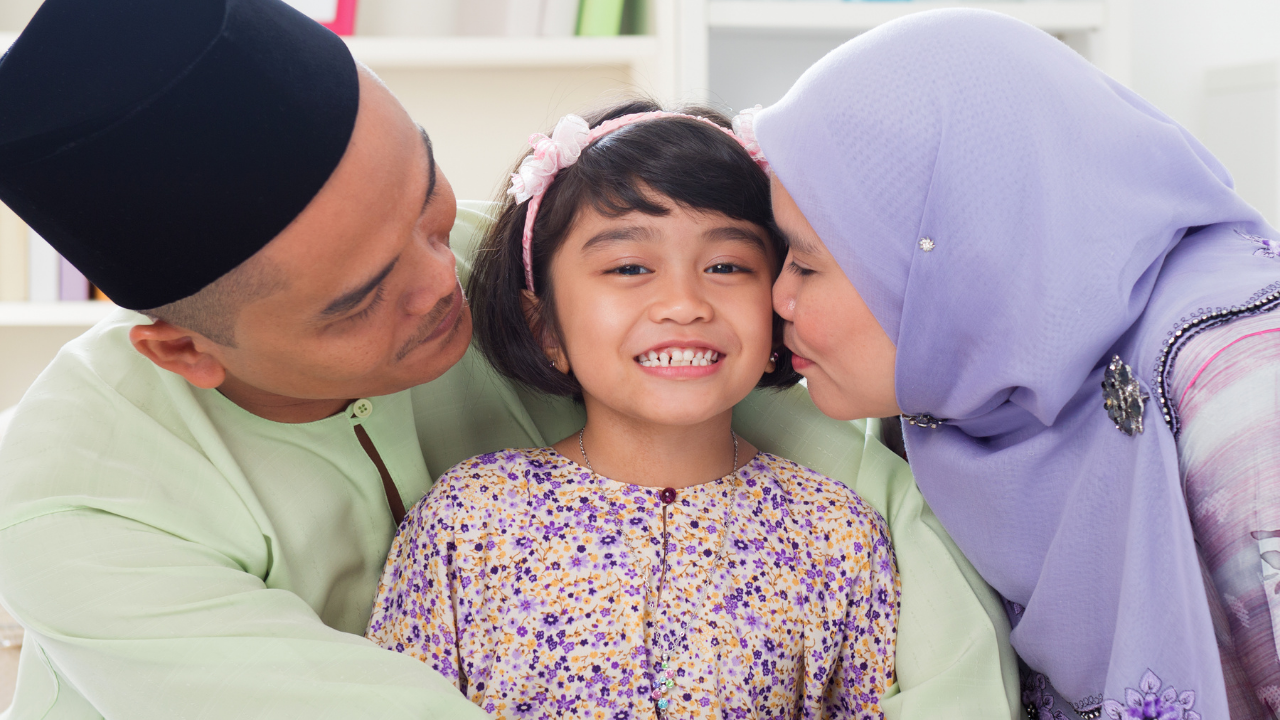
Article contributed by Umm Yusra
In this day, we are sadly seeing the decline of Islamic knowledge especially in our youth. At the same time, Islamic literature and advice is easily accessible, there are a multitude of spiritually motivating speakers and so many websites to assist us. So, what is the issue exactly?
I was sitting with a friend’s daughter and it was raining. Trying to bring some positivity into our conversation, I mentioned that rain is actually a blessing and there’s a duaa to pray in extreme rain. She was shocked in the way that only a seven year old can be when their world has been shaken with a fact. ‘No! Rain is when Shaitaan pees on your head for not wearing a hijab.’ I was initially amused but was quick to correct her with the fact that punishment is not dished by Shaitaan and that rain definitely is not urination from the aforementioned! However, once the moment passed, I was able to process that my young daughter who is a year younger, saw rain as a blessing a...

